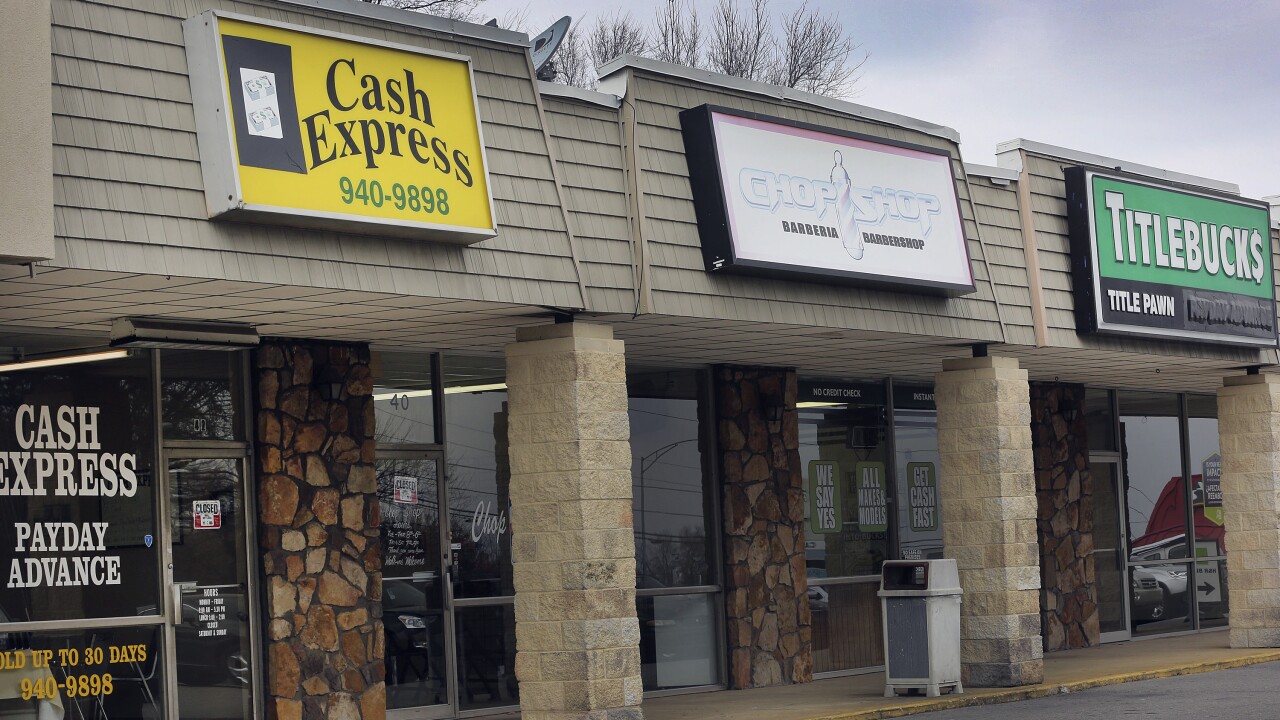
London-based OakNorth Bank has
Now, OakNorth is putting its knowledge to the test. The 9-year-old fintech began lending in the U.S. late in 2023 and has applied to open a representative office in New York. Ultimately, OakNorth hopes to acquire a charter, which would serve as the platform for a full-fledged overseas expansion, co-founder and CEO Rishi Khosla said.
Thus far, OakNorth has lent about $200 million in the U.S, an amount significantly higher than it expected. "If I look over the last nine months, we've probably done two and a half to three times [the amount of business] that we thought we would be doing," Khosla said in a recent interview.
OakNorth hopes to boost that total throughout 2024.
While the U.S. represents a larger, virtually untapped market, OakNorth plans to hew tightly to the strategy that has driven its success in the U.K., lending to small and midsize businesses. "What we're finding is that there's a very interesting, similar dynamic to what we experienced in the U.K. in terms of lower middle market companies being fundamentally underserved and overlooked by commercial banks," Khosla said. "It's also not an area where private debt funds are really focused."
"We're sort of looking at the space and saying the opportunity here to support us businesses is very, very interesting," Khosla added.
Acting as gatekeeper
The Federal Reserve

A representative office cannot conduct banking transactions. However, "it really does help you in terms of your operations," Lynyak said. It can market a foreign bank's products and services, while at the same time "serving as intermediary between home country and stateside operations," Lynyak said. "People are getting their feet wet on how things operate in the United States. That can be very valuable."
The Federal Reserve did not comment publicly.
Some neobanks
Riding to CRE borrowers' rescue
OakNorth has no plans to shy away from commercial real estate, despite an
According to Khosla, the opportunity only widened following the failures of Signature, First Republic and Silicon Valley last spring. It widened again last month, as another major CRE lender, the $61 billion-asset Valley National Bancorp,
"All of that means we can be very front-footed about our mission to help small businesses," Khosla said.
OakNorth is in the process of expanding its deposit product set to include checking accounts and plans to offer that fuller range in the U.S., eventually. What OakNorth doesn't plan on doing is insist on being the primary bank to its clients, as most American commercial banks do. "What we'd argue is the current environment has proven because of the speed at which rates went up that depositors who are willing just to [agree to] cheap deposits are getting more discerning," Khosla said. "They're demanding more, so something has to move in the bank model."
The OakNorth approach "has always been to pay a market rate for deposits, bring in those deposits, and then lend, and lend at an appropriate rate," Khosla said. "We don't need to demand the full relationship."
That's not to say OakNorth won't strive to win every bit of business it can. The goal is to create a neobank type of experience "which means it's so delightful that customers want to move their primary relationship to us, not that they have to," Khosla said.
Despite the mark it's made in recent months as a lender, OakNorth is probably best known for its risk management software, which it introduced in the U.S. in 2019. Since then, its client list has grown to include PNC, Fifth, Third, M&T, Old National and several other sizable banks. According to Khosla, technology will remain a key business line even as the company pursues a banking expansion in the U.S. Indeed, close to half of OakNorth's employees work in product and engineering, "so it's core to what we do and how we operate," Khosla said.
OakNorth has been using the data accumulated here to continually fine-tune its product. "If it was another bank, another neobank or another fintech, looking to move from Europe to the U.S., their information or insight on the U.S. market, arguably would not be anywhere near where ours is as a function of us being a customer of our own software," Khosla said.
Given the size of OakNorth's risk-management clients, along with its intent to focus its lending on lower middle market businesses, there appears to be little chance of the two parts of the business, the neobank and the software company, bumping into each other, thus little or no resistance to the U.K. company's U.S. expansion plans.
Indeed, "when we went and had discussions with our [software] clients about the fact that this is what we're thinking, we've had nothing but encouragement from them," Khosla said. "If anything, it may create opportunities for us to do more things together."






